ADDICTION
When Addiction Is Out of Control and Help Is Needed








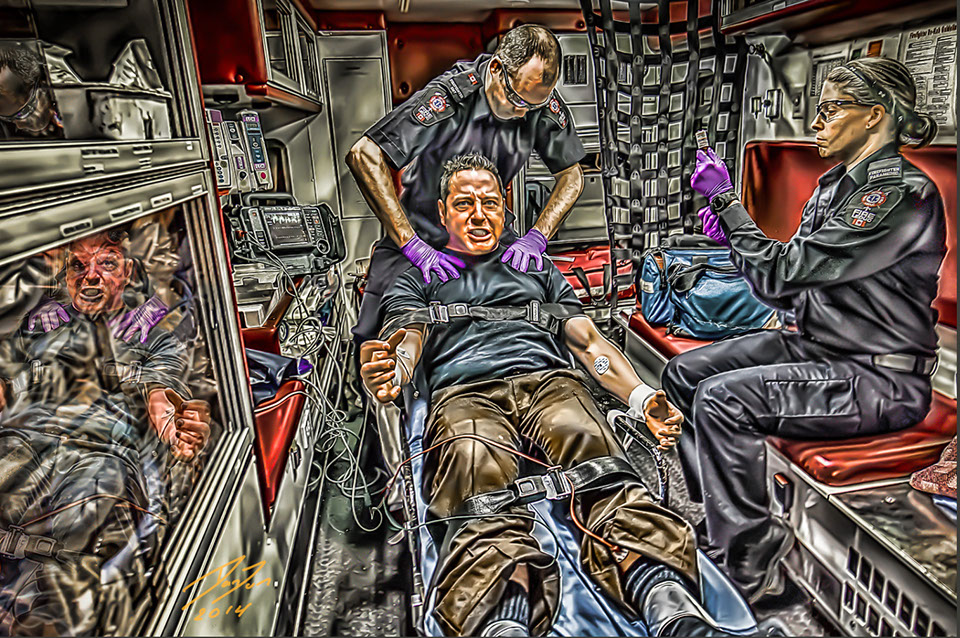


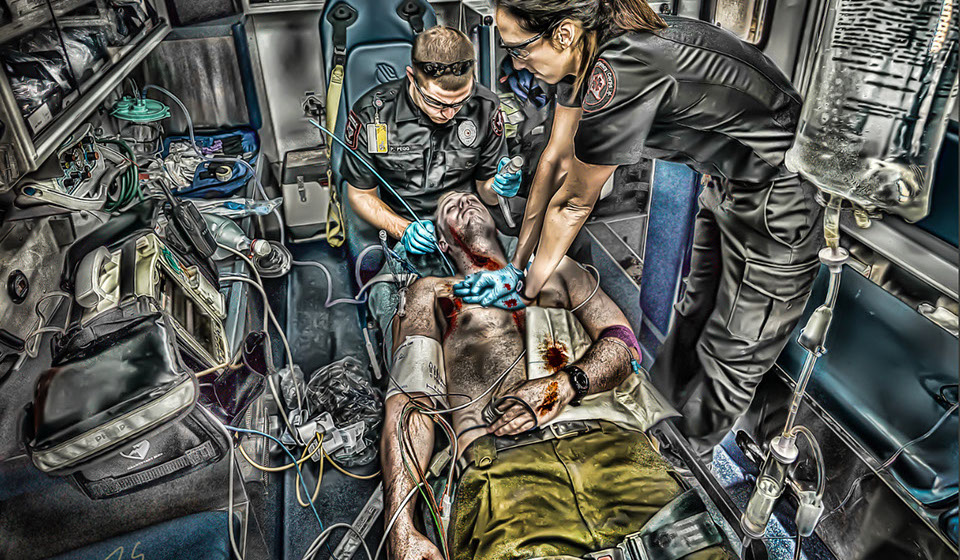






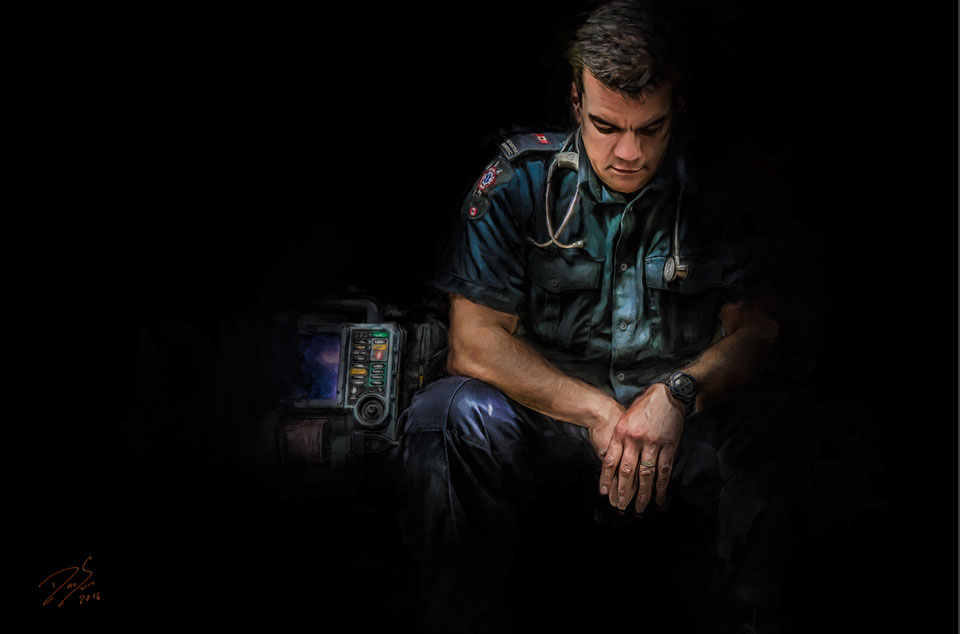
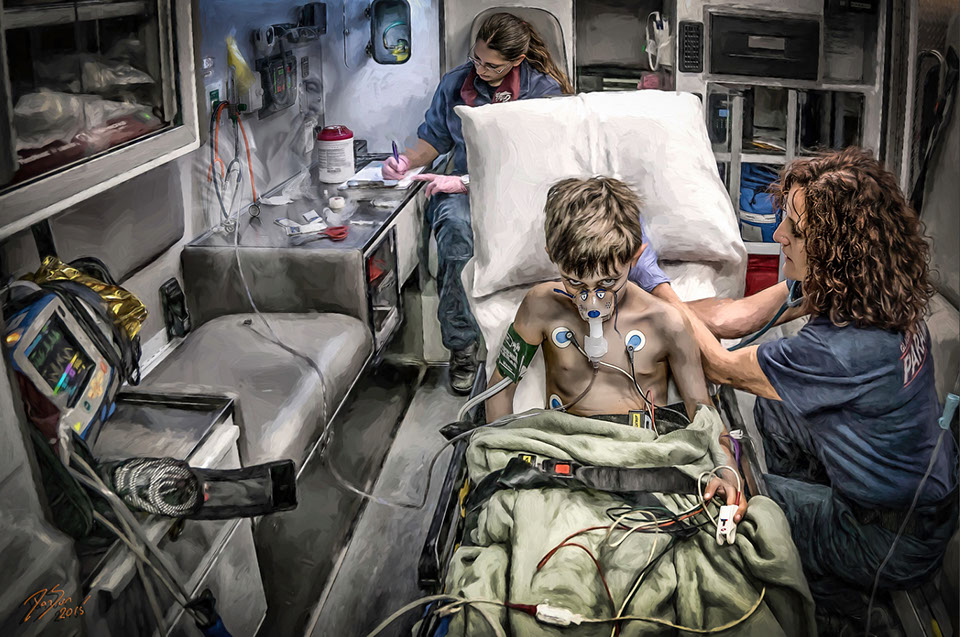
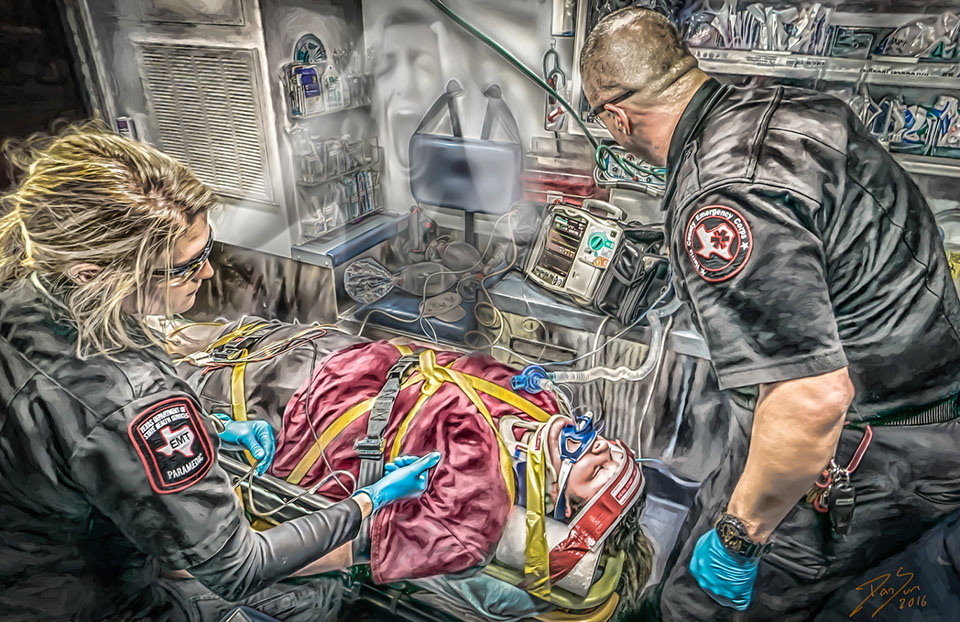
Why Are Certain Behaviors Considered Addictions?
Addiction can occur in many forms. Often, it is assumed that physical dependence characterized by withdrawal symptoms is required in order for someone to be diagnosed with an addiction disorder, but the fact is that behavioral addiction can occur with all the negative consequences in a person’s life minus the physical issues faced by people who compulsively engage in drug and alcohol abuse.It is the compulsive nature of the behavior that is often indicative of a behavioral addiction, or process addiction, in an individual.
The compulsion to continually engage in an activity or behavior despite the negative impact on the person’s ability to remain mentally and/or physically healthy and functional in the home and community defines behavioral addiction. The person may find the behavior rewarding psychologically or get a “high” while engaged in the activity but may later feel guilt, remorse, or even overwhelmed by the consequences of that continued choice. Unfortunately, as is common for all who struggle with addiction, people living with behavioral addictions are unable to stop engaging in the behavior for any length of time without treatment and intervention.
Why Are Certain Behaviors Considered Addictions?
Most people engage in hundreds of different behaviors throughout the day, each one with its own set of consequences. In general, people make choices about which behavior to engage in next relatively thoughtfully and with the intent to improve their experience. For example, if you are hungry, you may choose to get a healthy snack that will not only satisfy your hunger but also give you energy to continue your day. However, someone who is living with a food addiction may choose to eat even when not hungry and may binge eat unhealthy foods in large amounts. Though this is an unhealthy choice, many people can and will overeat, or eat when they aren’t hungry, and do not struggle with a food addiction. When the behavior becomes impulsive in nature and begins to contribute to the development of a range of physical and mental health problems and the person is unable to stop, it is termed an addiction.Does this mean that you can be addicted to any behavior? It is a question that fuels an ongoing debate. Many do not feel that characterizing a behavior as an “addiction” is correct; they believe that a little self-control is all that is needed. Unfortunately, the fact is that if a little self-control were the only issue, then people struggling with behavioral addictions would certainly stop engaging in their behavior of choice long before it harmed their physical health, ended primary relationships, and caused a host of financial, legal, and mental health problems.
Gambling Addiction
Gambling addiction, also called problem gambling or gambling disorder, is an addiction that refers to any and all types of gambling or choices related to gambling that endanger or compromise a person’s life, job, or family. Whether it’s going to the casino and playing the slot machines, staying up for overnight poker games, gambling online, or sports betting, if the choice is characterized by the following then it is termed a gambling addiction:
- • Placing bets more and more frequently
- • Betting more than originally intended
- • “Chasing” losses by continually betting beyond the ability to pay
- • Feeling irritable or aggressive when unable to gamble or when losing
- • Being preoccupied with gambling
When gambling turns into an addiction, those who seek treatment often report huge losses, including legal problems, foreclosure, bankruptcy, divorce, lost careers, and more. Additionally,
Food Addiction
Though we all have to eat, and many people are prone to overeating on occasion or eating out of boredom or for pure enjoyment, people who struggle with food addiction cannot control their compulsive eating behaviors. They tend to crave foods that are high in fats, sugar, and/or salt and often describe feeling “high” while engaging in the activity.
Additionally, people who are addicted to food may develop a tolerance for food, as is characteristic of people who are addicted to drugs or alcohol. That is, they require more and more of their favorite foods in order to experience the “high” they seek.
People who struggle with food addiction may be obese, but people who have a normal BMI may also struggle with the disorder. Damaged relationships, issues of self-esteem, and other health problems may also result.
Risky Behavior Addiction
Sometimes it’s the thrill of a new or potentially dangerous – or actually dangerous – activity that creates a high in the person. While roller coaster rides and adventure sports like parachuting out of an airplane or snowboarding off cliffs may be the lengths that most people will go with the intent of catching an adrenaline rush, some people take it further. Risky driving like driving under the influence, having unprotected sex with strangers, and choosing other activities that clearly put them at risk can indicate an addiction to risk when the person is unable to stop engaging in these activities despite the increase in negative consequences.
Video Game Addiction
Addiction to the fantasy and escape provided by video game play is a growing phenomenon. Graphics are getting better all the time, new games are always coming out, and the ability to communicate with others via headsets while playing the game with people who would otherwise be strangers from all around the world is uniquely interesting to people who may have a hard time connecting with others in person. Similarly, taking on the role of someone else and living a virtual life can also be alluring.
As compared to a substance abuse addiction or even to other process addictions, video game addiction may seem relatively harmless, and certainly many people can play video games on occasion without ever developing a problem. However, compulsive video game play can interrupt a person’s ability to connect positively with others and have healthy relationships, maintain responsibilities at work, and make choices that support their physical and mental health (e.g., eating regularly or healthfully, going to the doctor, etc.). Ultimately, those who don’t get treatment may end up completely isolating themselves from the real world, losing their ability to function, be with family, and achieve any goals outside of the video game world.
When Addiction Is Out of Control and Help Is Needed
Identifying when a behavior has turned into a problem issue and that problem has developed into an addiction can be tricky.
It can be easy to be too close to the person and unable to recognize when things have gone from occasionally upsetting to a diagnosable disorder that requires treatment.The fact is that addiction is defined as a disease of the brain, a chronic illness that requires intensive therapeutic and medical treatment. It can quickly spiral out of control, causing problems in every part of the person’s life. When this happens, and the person is still unable to stop engaging in the addictive behavior even tricky.with a genuine desire to stop or great fear or remorse about what has and will happen, it is that requires intensive therapeutic and medical treatment. It can quickly spiral out of control, causing problems in every part of the person’s life.

The images in this site are from www.dansunphotos.com. His work is amazing and captures the torment many in our field feel. Copies of his art can be purchased through his site.
Content from this site was obtained from our sister site







